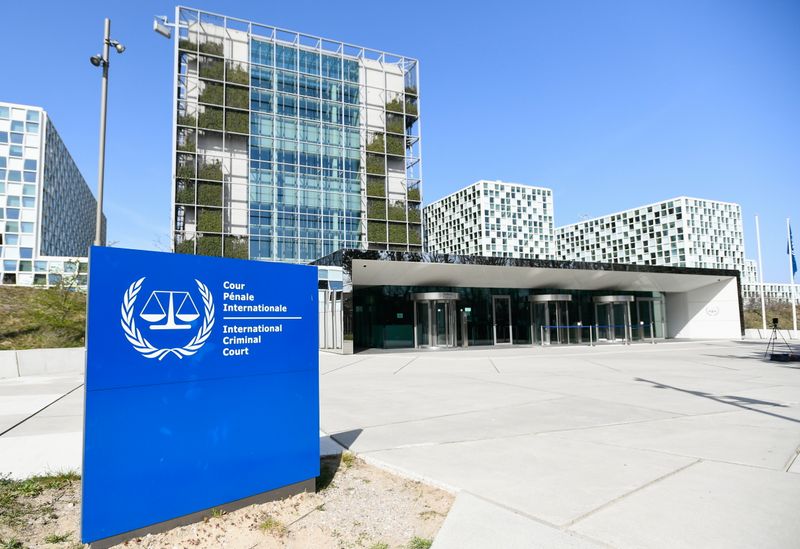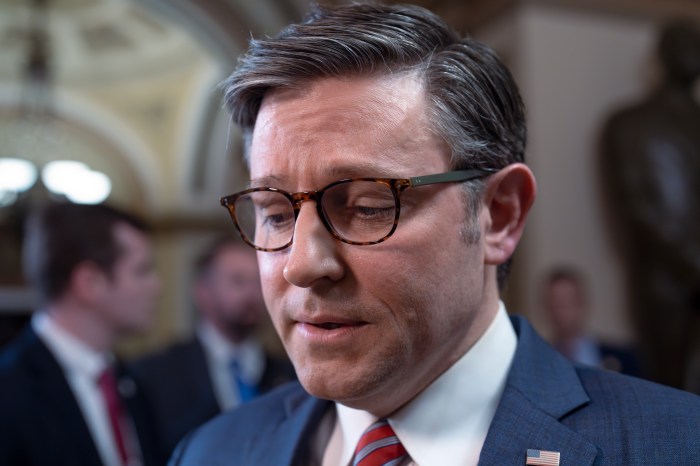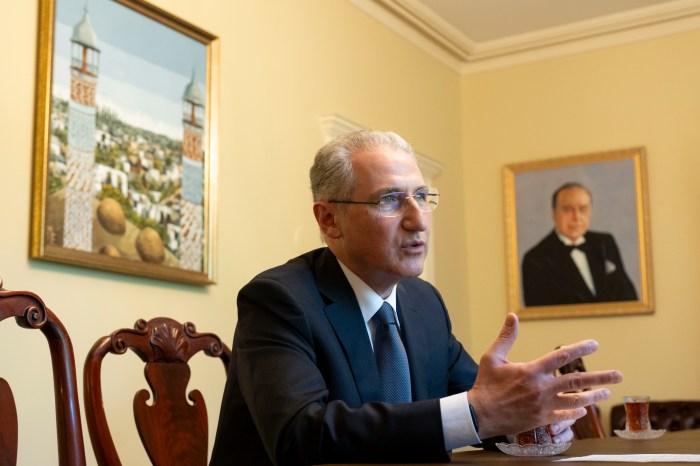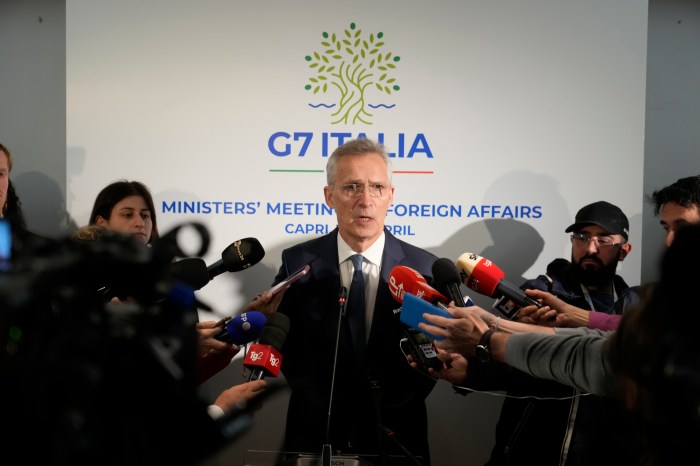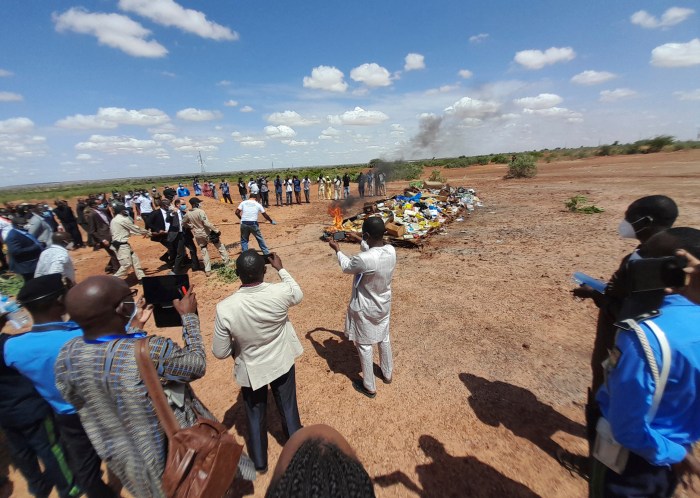THE HAGUE, Netherlands (Reuters) – Individuals involved in a new eruption of Israeli-Palestinian bloodshed may be targeted by an International Criminal Court investigation now under way into alleged war crimes in earlier bouts of the conflict, its top prosecutor said in an interview.
In March, the ICC announced it would investigate war crimes in the Israeli-occupied West Bank and in the Gaza Strip with the Israeli military and armed Palestinian groups such as Hamas – which rules Gaza – named as possible perpetrators.
Below are some facts about the court, based in The Hague, Netherlands.
* The ICC was established in 2002 to prosecute war crimes, crimes against humanity, genocide and the crime of aggression when member states are unwilling or unable to do so themselves. It can prosecute crimes committed by nationals of member states or on the territory of member states by other actors. It has 123 member states and an annual budget of some 150 million euros ($180 million). Israel is not a member, while the Palestinian Authority is a party to the ICC.
* The ICC has convicted five men for war crimes and crimes against humanity, all African militia leaders from Democratic Republic of Congo, Mali and Uganda. Terms range from nine to 30 years in prison. The maximum possible term is life imprisonment.
* The ICC is now conducting 13 other formal investigations, including into Afghanistan, Bangladesh/Myanmar and Georgia. It has a further 13 so-called preliminary examinations, including in Venezuela, Philippines and Ukraine.
* The ICC’s top fugitive is former Sudanese leader Omar al Bashir, wanted for genocide in Darfur. The first former head of state ever to appear before the ICC, former Ivorian president Laurent Gbagbo, was acquitted of all charges in 2019 after a three-year trial.
* Although the court is supported by many United Nations members and the European Union, other major powers like the United States, China and Russia are not members, arguing it could be used for politically motivated prosecutions.
* The court’s prosecutor, Fatou Bensouda, finishes a nine-year term on June 15 and will be replaced by British barrister Karim Khan, who is known for heading the U.N. special investigative team looking into Islamic State crimes in Iraq.
* A five-year preliminary examination by Bensouda’s office into violence in the Palestinian territories concluded that there is a reasonable basis to believe that:
– Israeli forces committed war crimes during hostilities in the Gaza Strip in 2014, including disproportionate attacks and wilful killing on the part of ground or airborne forces.
– “In the context of Israel’s occupation of the West Bank, including East Jerusalem, members of the Israeli authorities have committed war crimes” by allowing settlers to live there. Israel denies that its settlements violate international law.
– Hamas and other Palestinian armed groups committed intentional attacks on civilians, including through the firing of rockets into Israel, as well as wilful killings and torture in Gaza in the same period since 2014.
– Israeli forces used lethal and non-lethal force against demonstrators in March 2018 near the border fence between the Gaza Strip and Israel that allegedly resulted in the killing of over 200 people and the wounding of thousands of others. Israel denies that its forces deliberately target civilians.
(Reporting by Anthony Deutsch; Editing by Mark Heinrich)

